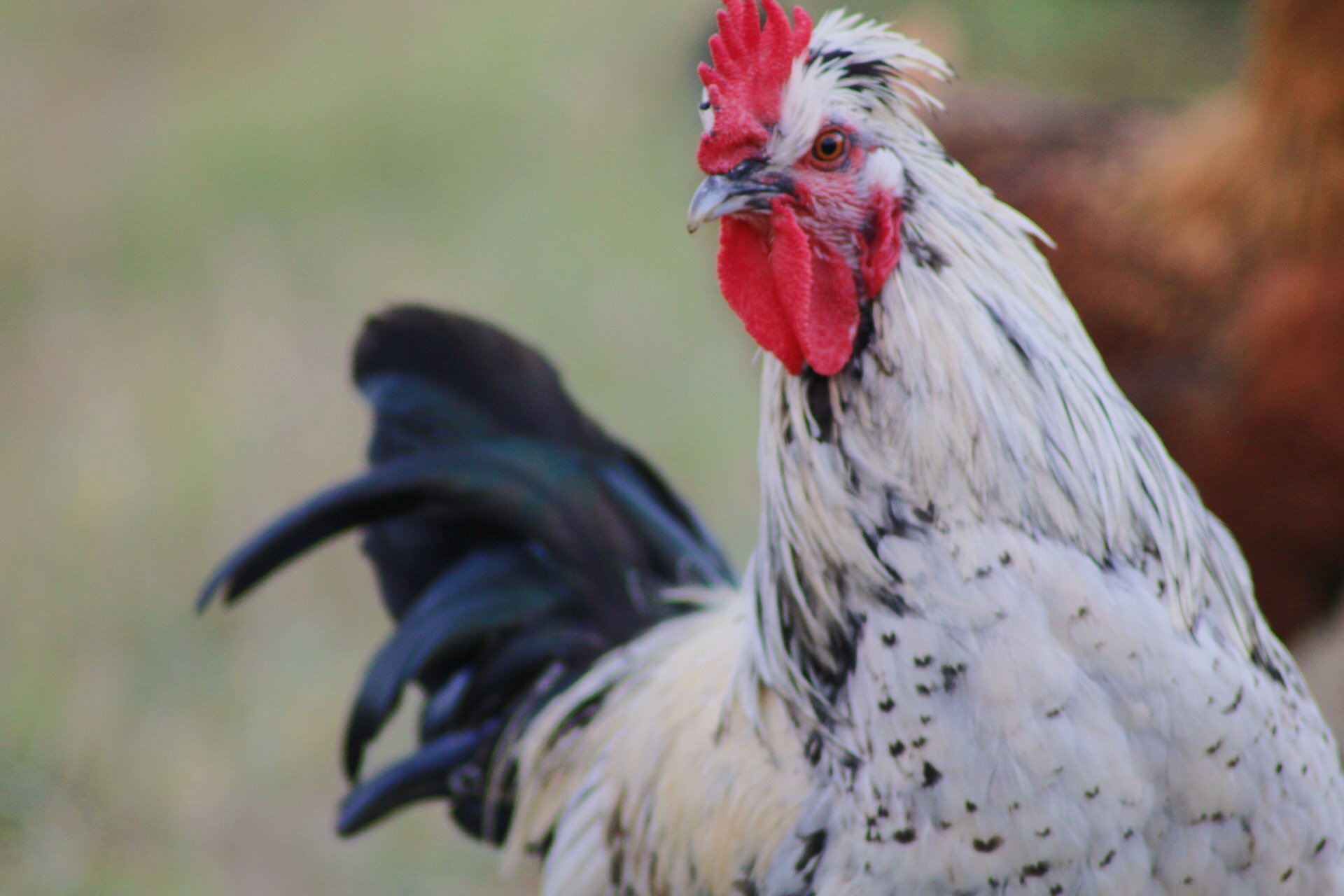
Certified Organic Farm and Olive Production
“Our goal is to become an important center for sustainable living”
At Villa Fonteintanata, we honor Italy's rich agricultural heritage while embracing modern sustainability practices. Our 81-hectare (200-acre) organic-certified estate—where lush forests meet fertile fields—is committed to environmentally conscious farming. Our diverse harvest includes olives, walnuts, truffles, and an assortment of organic vegetables. The estate also supports essential pollinators through dedicated beekeeping initiatives.
In recent years, we have begun transforming parts of our land with regenerative agriculture, blending natural farming, permaculture, and synergistic principles to enrich the soil and restore biodiversity. Our mission is to cultivate not only the land but a future where traditional practices meet ecological innovation.
“We have always been inspired by the pursuit of sustainability”
At Villa Fonteintanata, sustainability isn’t just a trend—it’s a necessity, woven into the fabric of our lives. We've seen the slow adoption of green energy and sustainable practices worldwide, which only strengthens our resolve to make a difference. Our project is dedicated to self-sustainability, extending beyond organic crops to include free-range chickens, goats for artisanal cheese, honey from our own bees (vital in the face of declining pollinator populations), and responsibly raised cattle and pigs.
Our dream is a land that provides not just food, but a sense of community and purpose. We envision a place where sharing is at the heart of daily life, fostering a connection to nature and each other. This project isn’t just about ecological balance—it’s about building a more equitable world where everyone can enjoy good food and live in harmony with the environment.
Commitment to Protect Pollinators
Pollinators such as bees, hoverflies, and butterflies are essential to our environment and are one of the major victims of intensive agricultural management. Declining pollinator populations could have alarming consequences for natural ecosystems, as well as food production.
We aim to provide a habitat for them with native grasses, trees, and flowering plants avoiding the use of chemicals and inorganic fertilizers












